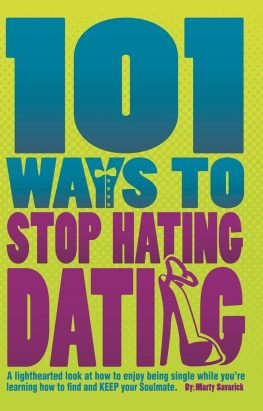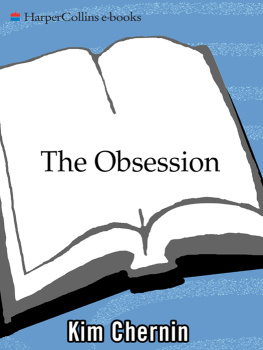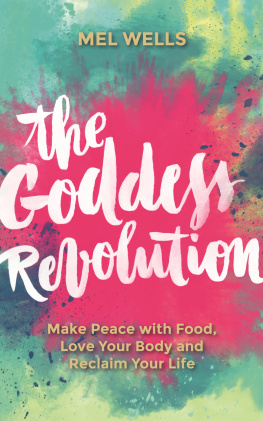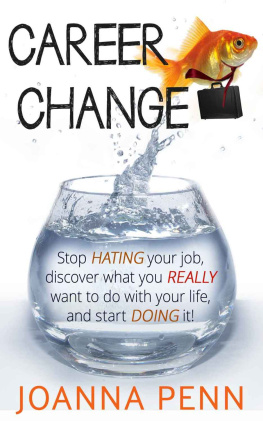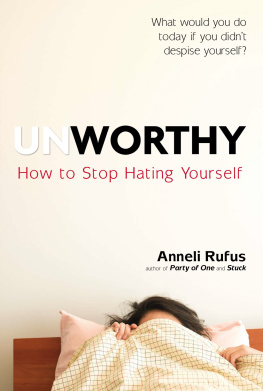Hirschmann Jane R. - When women stop hating their bodies : freeing yourself from food and weight obsession
Here you can read online Hirschmann Jane R. - When women stop hating their bodies : freeing yourself from food and weight obsession full text of the book (entire story) in english for free. Download pdf and epub, get meaning, cover and reviews about this ebook. City: New York, year: 1997, publisher: Ballantine Books, genre: Romance novel. Description of the work, (preface) as well as reviews are available. Best literature library LitArk.com created for fans of good reading and offers a wide selection of genres:
Romance novel
Science fiction
Adventure
Detective
Science
History
Home and family
Prose
Art
Politics
Computer
Non-fiction
Religion
Business
Children
Humor
Choose a favorite category and find really read worthwhile books. Enjoy immersion in the world of imagination, feel the emotions of the characters or learn something new for yourself, make an fascinating discovery.

- Book:When women stop hating their bodies : freeing yourself from food and weight obsession
- Author:
- Publisher:Ballantine Books
- Genre:
- Year:1997
- City:New York
- Rating:3 / 5
- Favourites:Add to favourites
- Your mark:
- 60
- 1
- 2
- 3
- 4
- 5
When women stop hating their bodies : freeing yourself from food and weight obsession: summary, description and annotation
We offer to read an annotation, description, summary or preface (depends on what the author of the book "When women stop hating their bodies : freeing yourself from food and weight obsession" wrote himself). If you haven't found the necessary information about the book — write in the comments, we will try to find it.
Hirschmann Jane R.: author's other books
Who wrote When women stop hating their bodies : freeing yourself from food and weight obsession? Find out the surname, the name of the author of the book and a list of all author's works by series.
When women stop hating their bodies : freeing yourself from food and weight obsession — read online for free the complete book (whole text) full work
Below is the text of the book, divided by pages. System saving the place of the last page read, allows you to conveniently read the book "When women stop hating their bodies : freeing yourself from food and weight obsession" online for free, without having to search again every time where you left off. Put a bookmark, and you can go to the page where you finished reading at any time.
Font size:
Interval:
Bookmark:

What do you think would happen if
women stopped hating their bodies?
We would
learn to eat when, what, and how much our bodies need
overcome our fear of not dieting
look in the mirror and like what we see
decode our fat talk to reveal our real concerns
stop trying to measure up to societys ridiculous and impossible standards of female beauty
learn to accept ourselvesour bodies as well as our feelingsunconditionally
Also by the Authors
O VERCOMING O VEREATING
P REVENTING C HILDHOOD E ATING P ROBLEMS
(Jane R. Hirschmann and Lela Zaphiropoulos)
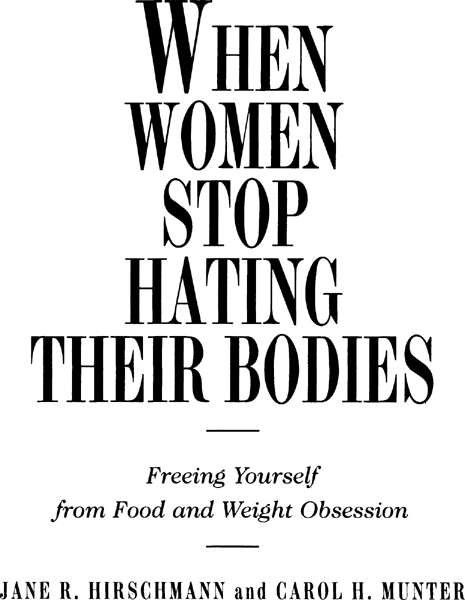
In memory of Gertrud Rosenthal Hirschmann
In honor of Naomi Roth Munter
And to the next wave
Kate, Nell, and Leta Hirschmann-Levy
Part One
Part Two
Part Three
16
I T WAS CLEAR BY 1992 THE Y EAR OF THE W OMANTHAT FEMINIST ACTIVITY , somewhat stalled during the backlash of the eighties, had revived. Growing numbers of women launched campaigns across the country to end sexual abuse and harassment both on the job and at home. More women than ever entered government, and calls for equal pay for equal work and reproductive freedom were heard once more with renewed vigor.
Women, again, were on the move.
Ironically, despite the fact that womens power and position in the world have changed dramatically, millions of womenof all shapes and sizesstill wake up every morning, look at themselves in the mirror, and say, Yuck. The purpose of this book is to explore that contradiction.
We have worked with thousands of women with compulsive eating problems for more than two decades and we are convinced that hatred of ones own body, a syndrome we have named Bad Body Fever, is central to womens oppression. It is, in fact, explicit evidence of the ongoing oppression of women. To be sure, the position of women has changed, but Bad Body Feverthe malaise women contract as a result of living in a culture that devalues themis still as rampant and contagious as ever.
Bad Body Fever propels women to diet and to spend their lives in the futile quest for power through physical transformation. Bad Body Fever causes women to focus on their bodies at the expense of their lives. And it is Bad Body Fever that makes women resist the incontrovertible evidence that dieting is futile and dangerous. In our view, until every woman can look at herself in the mirror and smile with pleasure at her reflectionjust the way she iswomens struggle for equality is far from over.
In April of 1970 a handful of women in New York City joined forces to tackle the ubiquitous problem of compulsive eating and self-image. Carol Munter started this particular group because, as a large woman, she felt different from the others in her conscious-raising group. She understood their complaints about being objectified as sex objects, but felt she had not had the social experiences that her friends were so eager to put behind them. Naturally thin as a child, she knew that the way women were viewed and treated was part of the reason she had gained weight as an adolescent. Yet Carol, like most women, also longed to feel desired.
Carol and the women in that first group came to recognize the extent to which they had internalized the attitudes of a culture that treats women as inferior and presumes to tell them what shape they must take. The climate of the 1970s, in which radical thoughts among women flourished, gave the women in this group permission to question some of their long-held assumptions.
Whats wrong with being fat?
Why should we diet?
Why is it that even though weve been good girls and done exactly what weve been told to do about our weight, were fatter than ever?
Is there something inherently wrong with us that makes it impossible for us to stay on dietsor is the problem with the diets themselves?
Who are these people who have told us what to eat and how to look?
Why are they entitled to wield so much power over us?
Finally, the women in the group made a revolutionary decision.
We are not dieting anymore. Whatever happens to our weight, we will never deprive ourselves of food again.
Critical to the success of this resolution was the support the women in the group offered each other. They came to recognize that the diet/binge cycle was symptomatic of a deeper self-revulsion and together they managed to block out the vision of a harsh, disapproving culture and replace it with a kinder vision of their own. They took photographs of each other, and studied them, and eventually transformed their disgust into self-acceptance. They drew pictures of themselves. They shopped for food and for clothes, and when the clothing did not fit, they sewed their own.
These women talked endlessly about the pain of compulsive eating, and they also talked about their families and their lives. They became astute detectives, asking questions and searching for clues as to why they used food the way they did. Why after not needing to lean on food for weeks, did I suddenly crave brownies when I wasnt the least bit hungry? someone would ask. What were you feeling at the time? someone else would inquire, and the discussion would begin. Ultimately, the women in this group relearned how to feed themselves.
In 1974, Jane Hirschmann used this nondiet approach to cure her own eating problem. The experience affected her life profoundly, and she introduced these concepts in the public health settings where she worked. Years later, as a new mother, she became interested in how this approach could be used to prevent and to cure eating problems in children. In 1985 she co-authored Preventing Childhood Eating Problems (originally titled Are You Hungry?) with Lela Zaphiropoulos.
Over the years, through their teaching and in their work with clients, Carol and Jane expanded and distilled this nondiet perspective on eating problems. Their efforts culminated in the writing of Overcoming Overeating, published in 1988. Overcoming Overeating appeared at a time when the inefficacy of diets was becoming evident. In recent years, myriad research projects have demonstrated unequivocally that diets do not work. Of those people who go on diets, ninety-five to ninety-eight percent regain their weight, plus some. Diets make us fatter. Diets turn us into compulsive eaters. Diets make us sick!
Why do we keep engaging in an activity that both harms us and fails us time and again? Why do we continue to cling to the promise of diets despite documentation that the more we restrict food, the more desperate we become, and the more desperate we become, the more we eat? Why on earth havent women put the diet industry out of business?
Ahaa! might cry Sherlock Holmes or Nancy Drew in observing this most puzzling case of self-deception and self-destruction. Here is a mystery worthy of the worlds greatest detectives! They would be right. On the surface, the reality is completely confounding.
Diets are based on womens dislike of their bodies. Why, after all their advances, do women continue to feel compelled to change the very essence of who they are in an effort to comply with a standard that is rooted in sexism?
Font size:
Interval:
Bookmark:
Similar books «When women stop hating their bodies : freeing yourself from food and weight obsession»
Look at similar books to When women stop hating their bodies : freeing yourself from food and weight obsession. We have selected literature similar in name and meaning in the hope of providing readers with more options to find new, interesting, not yet read works.
Discussion, reviews of the book When women stop hating their bodies : freeing yourself from food and weight obsession and just readers' own opinions. Leave your comments, write what you think about the work, its meaning or the main characters. Specify what exactly you liked and what you didn't like, and why you think so.

